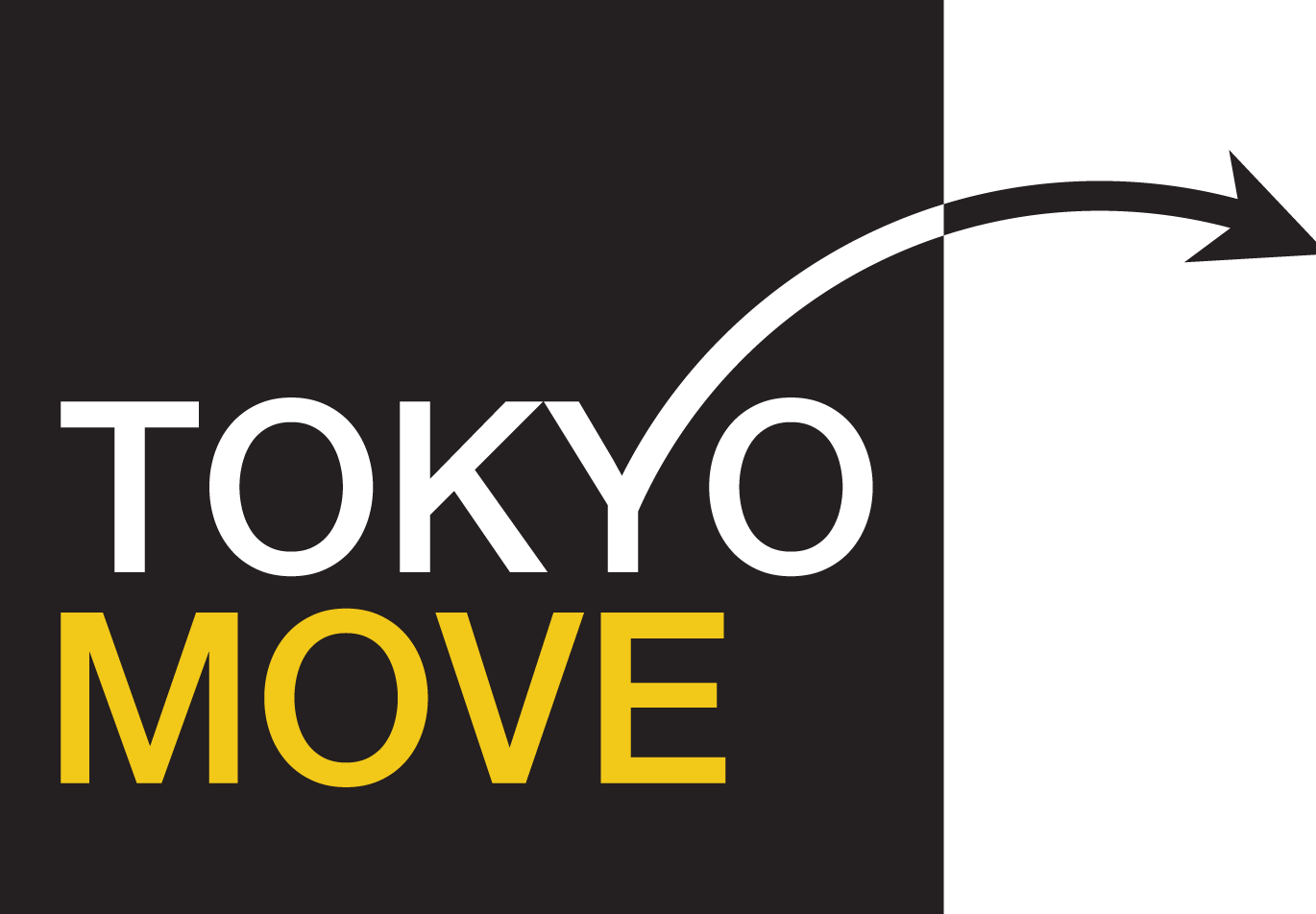Navigating Waste Disposal in Japan
"Waste Disposal in Tokyo | TokyoMove's Guide to Garbage Sorting & Recycling"
“Master waste disposal in Tokyo with TokyoMove. Learn about garbage sorting, public waste pickup, and eco-friendly recycling services tailored for expats."
Navigating Waste Disposal in Japan: FAQs and Essential Information
Managing waste disposal in Tokyo can be overwhelming for newcomers. With strict garbage sorting, collection schedules, and recycling regulations, it's essential to understand the system to avoid fines and maintain cleanliness. At TokyoMove, we make waste management simple with expert services tailored to expats.
1. Why Is Waste Disposal Important in Tokyo?
Japan’s waste management system is one of the most organized globally, emphasizing cleanliness and sustainability. Proper waste separation ensures:
Efficient Recycling: Diverting materials like plastics and metals from landfills.
Cleaner Neighborhoods: Preventing uncollected garbage.
Eco-Friendly Practices: Reducing waste through reuse and recycling.
This meticulous system is rooted in Japan’s commitment to environmental conservation. However, for expats unfamiliar with the rules, it can initially feel like a daunting task. That’s where TokyoMove steps in, offering solutions that simplify the process while ensuring compliance.
Recycle , Reduce , Reuse in Tokyo
2. Types of Garbage in Tokyo
Combustible Garbage
Combustible garbage (燃えるごみ) includes items that can be incinerated. Common examples are:
Food waste
Soiled paper
Small rubber or leather items
Disposal Tips:
Use clear or semi-transparent bags.
Follow your ward’s designated trash day schedule.
Separating Trash in Tokyo.
Non-Combustible Garbage
This category (燃えないごみ) includes items that cannot be burned, such as:
Glass and ceramics
Small appliances like toasters and hair dryers
Disposal Tips:
Place items in designated bags.
Label the bag to indicate its contents.
Glass and Ceramics recycling in Tokyo
Recyclables
Recycling is a significant part of Japan’s waste system. Common recyclable items include:
PET bottles
Cans and glass bottles
Paper and cardboard
Pro Tip: Ensure bottles and cans are clean and free of food residue before recycling.
Pet Bottle Recycling in Tokyo
Cardboard recycling in Tokyo
3. Navigating Garbage Pickup in Tokyo
Each ward in Tokyo has its unique garbage collection schedule. It’s vital to familiarize yourself with your ward’s rules to avoid missed pickups or fines.
Public Waste Pickup Services:
These are free for most household items, provided you follow the rules.Dumpster Sites:
Use designated public sites for your area.Refuse Collection Services:
For items that don’t fit into regular categories, consider professional services like TokyoMove.
Large Item disposal and trash services in Tokyo by TokyoMove
4. The Role of Waste Disposal Companies
Public collection services are reliable but limited in scope. For items like bulky furniture or appliances, public services often don’t suffice.
TokyoMove’s Specialized Services Include:
Appliance Recycling: Adhering to the Home Appliance Recycling Law.
Bulky Waste Pickup: Convenient and eco-friendly.
By partnering with TokyoMove, you can ensure that all waste types are handled responsibly.
5. Frequently Asked Questions
How to Dispose of Styrofoam in Japan?
Clean and place Styrofoam in designated clear plastic bags labeled “プラスチック.”
What is the Best Way to Dispose of Electronics?
Small electronics like hair dryers can be disposed of as non-burnable garbage. For larger items like washing machines, use a professional service or retailer collection.
Conclusion
Understanding Tokyo’s waste disposal system is crucial for a hassle-free experience. At TokyoMove, we provide professional services to help you navigate this system efficiently. Contact us today for stress-free waste disposal solutions.
also check here for further valuable info https://tokyomove.com/blog/navigating-waste-disposal-in-japan-faqs-and-essential-information.








